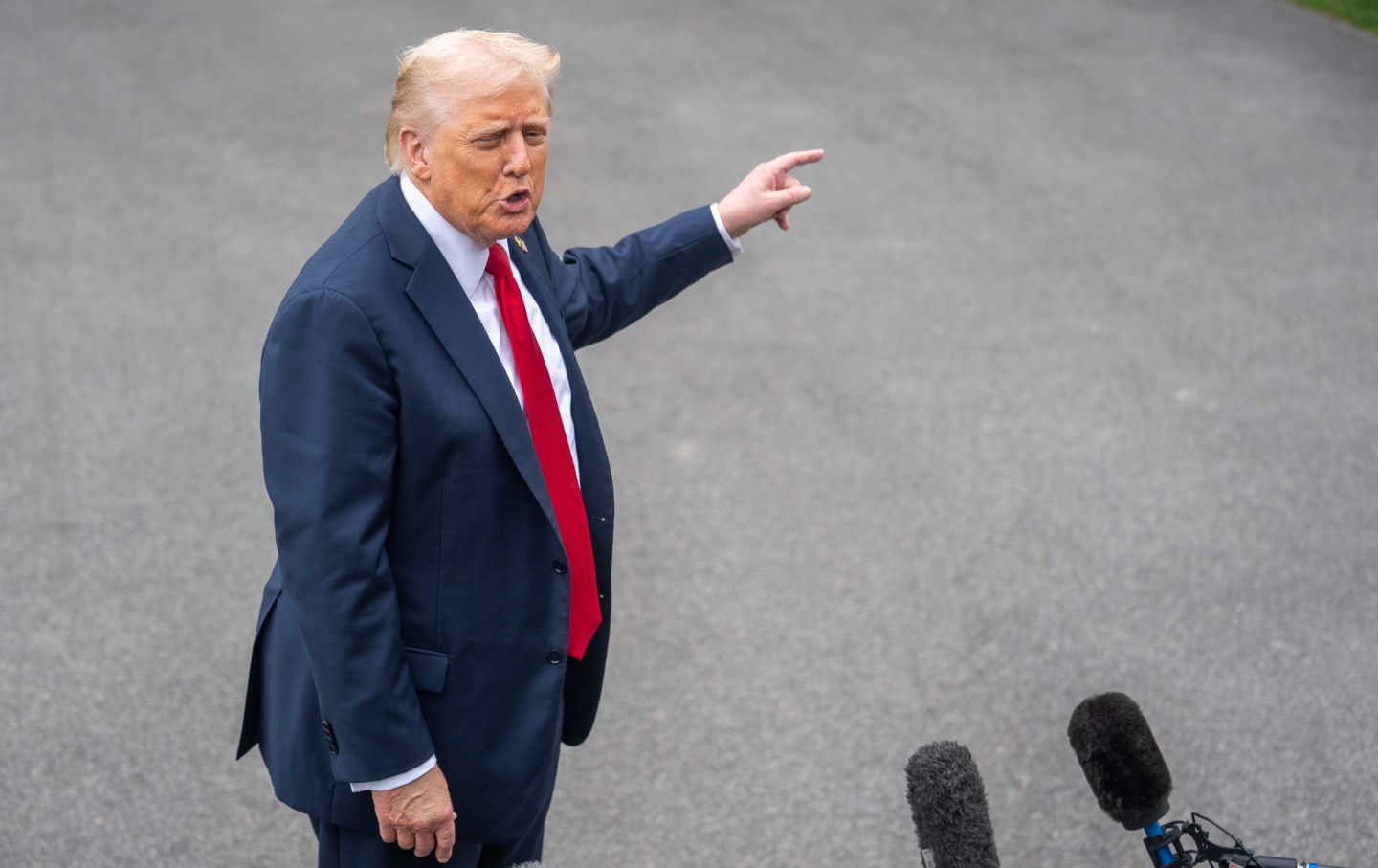
The recent decision by the State Department to revoke the visas of six individuals for their incendiary comments regarding the assassination of conservative activist Charlie Kirk represents a troubling escalation in the government’s approach to dissent and free speech. This action is not merely a reaction to inflammatory remarks; it signals a broader, systemic effort to silence voices that challenge the dominant political narrative and reinforces a culture of intimidation that stifles open discourse.
The individuals in question, hailing from various countries including Argentina, South Africa, and Germany, made comments that the State Department interpreted as supportive of violence against Kirk. Although the department has yet to disclose specific details about these individuals or their circumstances, the overarching theme is clear: the U.S. government is keen on asserting control over the conversation surrounding political figures, particularly those on the conservative spectrum.
“The United States has no obligation to host foreigners who wish death on Americans,” the State Department proclaimed on social media. This statement, while ostensibly aimed at protecting American citizens, raises serious questions about the limits of free expression and the implications of selectively enforcing visa policies based on speech. The administration’s approach suggests a chilling precedent where dissenting voices, particularly those critical of the state or its favored individuals, could find themselves targeted under the guise of national security.
The tragic event that led to Kirk’s death should not be overshadowed by this punitive reaction. On September 10, Kirk was shot during an event at Utah Valley University, an act of violence that must be condemned unequivocally. However, rather than fostering a constructive dialogue about political rhetoric and violence, the government has opted for a strategy that prioritizes retaliatory measures against those who express their opinions, regardless of their context.
In a time when political polarization is at an all-time high, the administration’s swift action serves as a warning to anyone who dares to voice dissent. Secretary of State Marco Rubio’s declaration that “visa revocations are underway” is emblematic of an aggressive stance that seeks to deter criticism by making an example of those who step out of line. The involvement of the Pentagon and the Secret Service in reviewing and sidelining personnel for their social media posts further illustrates the troubling trend of penalizing individuals for their beliefs and speech.
What is particularly alarming is the implication that dissenting opinions, when expressed by non-citizens, can lead to deportation or other severe repercussions. This raises fundamental questions about the First Amendment rights of non-citizens and the government’s authority to impose such measures. As legal scholars like Eugene Volokh have noted, while the government has broad powers to deny entry to individuals, the legality of deporting residents based on their speech remains an unresolved issue. This ambiguity underscores the precarious position of free speech in the face of political expediency.
Moreover, the administration’s efforts to revoke visas in other contexts—targeting international students protesting Israel’s actions in Gaza or Colombian President Gustavo Petro for his dissenting views—expose a pattern of behavior that prioritizes conformity over the robust exchange of ideas. This is a dangerous trajectory that undermines the very principles of democracy and free expression that the United States purports to uphold.
The response to Kirk’s assassination should focus on fostering a culture of accountability and healing, rather than punitive actions that further divide and suppress dissent. There is a growing need for a broader conversation about the intersection of speech, violence, and political accountability. Instead of retaliating against those who express their outrage over such events, we must confront the systemic inequities and injustices that lead to political violence in the first place.
In conclusion, the visa revocations serve as a stark reminder of the fragile nature of free speech and the lengths to which authorities will go to silence dissent. This episode is not just about Charlie Kirk; it is about the fundamental human rights of individuals to express their opinions without fear of retribution. As we grapple with the complexities of political discourse in a divided nation, we must remain vigilant against any efforts that seek to curtail our freedoms in the name of security or political expediency. The integrity of our democracy hangs in the balance.
This article highlights the importance of Revocations Target Dissenters.


